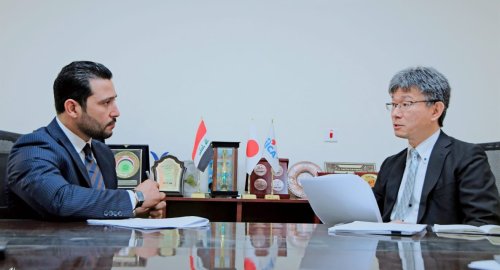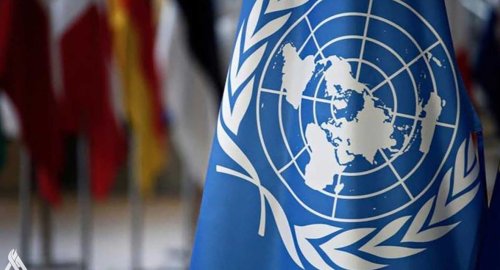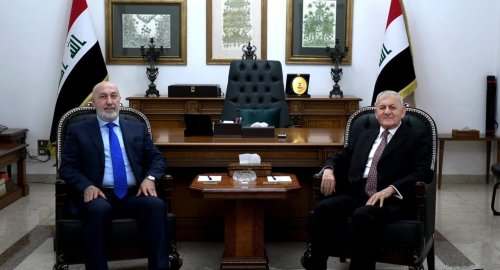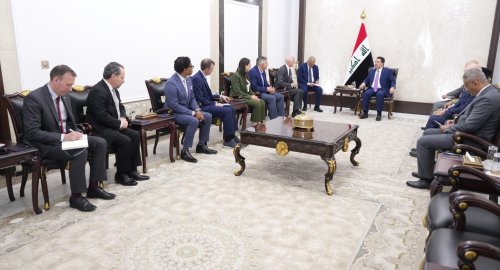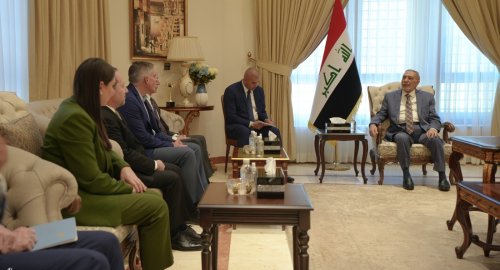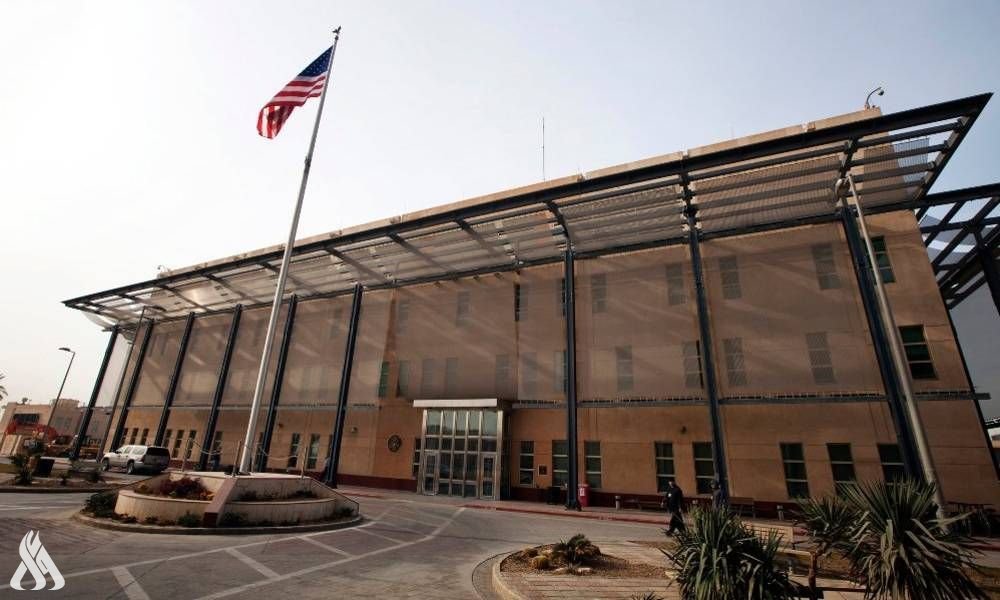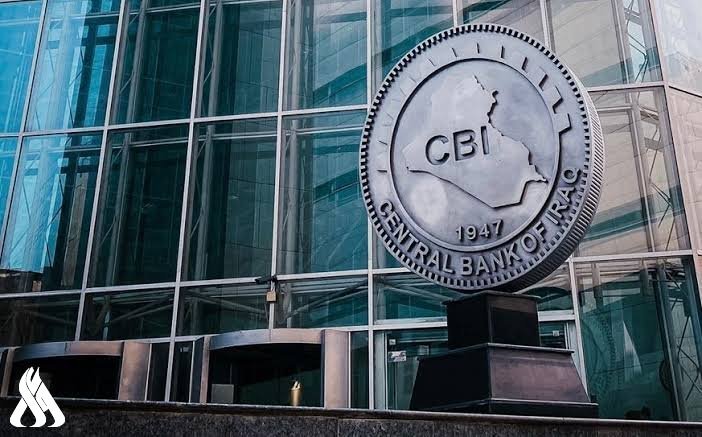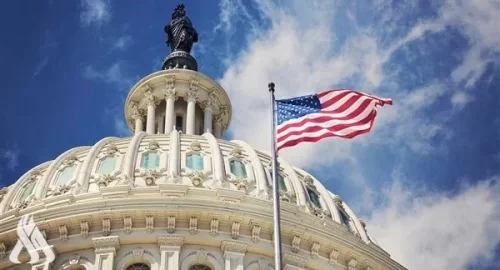
The United States provides more than $756 million in humanitarian assistance to meet emergency needs in Syria amid global food crisis

- 15-09-2022, 09:13
INA- sources
Today, U.S. Ambassador to the United Nations Linda Thomas-Greenfield announced the United States is providing more than $756 million in humanitarian assistance for the people of Syria at the United Nations Security Council Meeting on the Political and Humanitarian Situation in Syria. The new funding will support the UN World Food Program (WFP) and non-governmental organizations in providing emergency food to prevent extreme hunger, including rice, wheat flour, sugar, oil and chickpeas. The humanitarian assistance brings the U.S. government’s contribution as the single largest donor to nearly $15.7 billion for the people of Syria since the start of the eleven-year conflict.
An estimated 12 million Syrians, approximately 60 percent of the country’s population, are experiencing food insecurity as a result of eleven years of war, the COVID-19 pandemic, historic levels of drought that have decimated food crops, and other economic shocks. Putin’s war against Ukraine has further exacerbated the hunger crisis with a rise in food, fuel, and fertilizer prices. The humanitarian crisis in Syria is the worst it has ever been as more than 12 million people have been displaced, basic services are destroyed, civilians continue to be killed by airstrikes and artillery, and some 14 million people require humanitarian aid, more than at any time since the start of the war.
Today’s announcement will allow partners to meet urgent needs for more than 5.5 million people throughout Syria and the region. The assistance allows families to purchase food staples and other basic needs from local markets, and urgent nutritional products to prevent and treat undernutrition in children and pregnant and lactating women.
This assistance will also provide urgent health support to help bolster health facilities across northern Syria, as its health system has been decimated by 11 years of active conflict. USAID funding will deploy mobile health and nutrition teams to provide vaccines and treatment, as well as provide equipment for health facilities, and training for Syrian medical workers. USAID is helping to keep people healthy and stave off disease by providing water, sanitation, and hygiene support in northwest Syria. This includes increasing access to safe drinking water through emergency water trucking and the distribution of water storage tanks and water treatment devices; as well as rehabilitating small-scale sanitation and water systems in displacement camps and informal settlements.
In support of families displaced and without shelter, USAID partners will also distribute shelter materials and basic household items as Syrian families begin to brace for the harsh winter ahead. This funding supports protection activities, including safe spaces for women and girls and psychosocial support for conflict-affected communities.
The United States continues to be concerned that the United Nations Security Council’s six-month renewal of cross-border assistance will generate further uncertainty for millions of Syrian families during the harsh winter, when millions of Syrians will be relying on cross-border food, medicine, and warm shelter to keep from freezing to death. More funding will be needed to support the Syrian people given the scale and urgency of needs. The United States encourages other international donors to increase humanitarian contributions to help save lives.
Source: relief web
US Embassy: Trade Mission of 60 Companies Visits Iraq
- politics
- 25/04/07
CBI unveils comprehensive reform plan to modernize banking sector
- Economy
- 25/04/07
Al-Sudani Meets Delegation from J.P. Morgan Bank
- politics
- 25/04/08
PM: The value of investment licenses in Iraq reaches $88 billion
- politics
- 25/04/09
